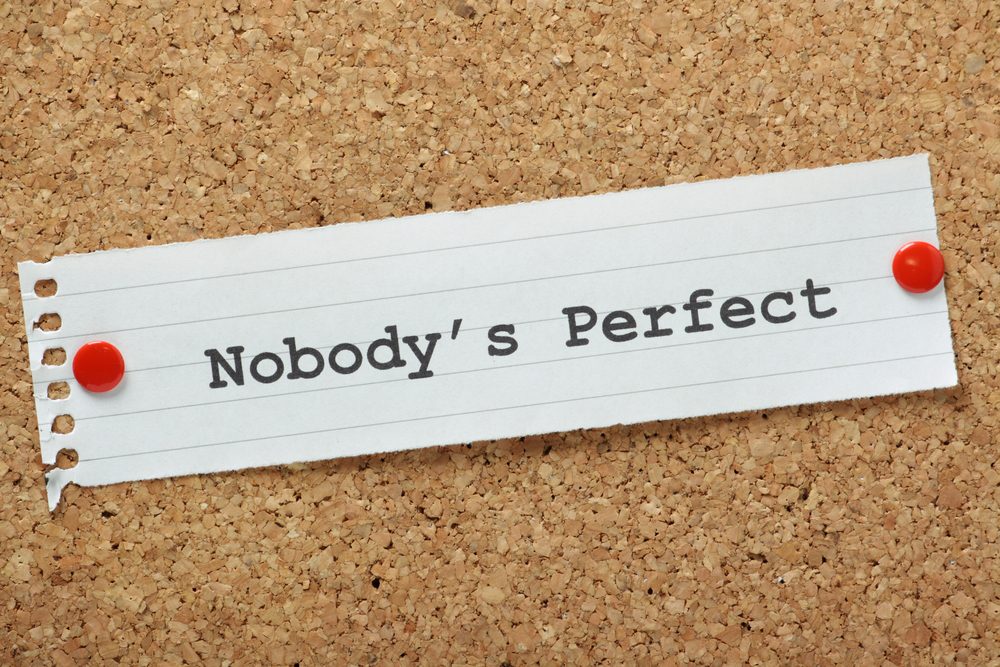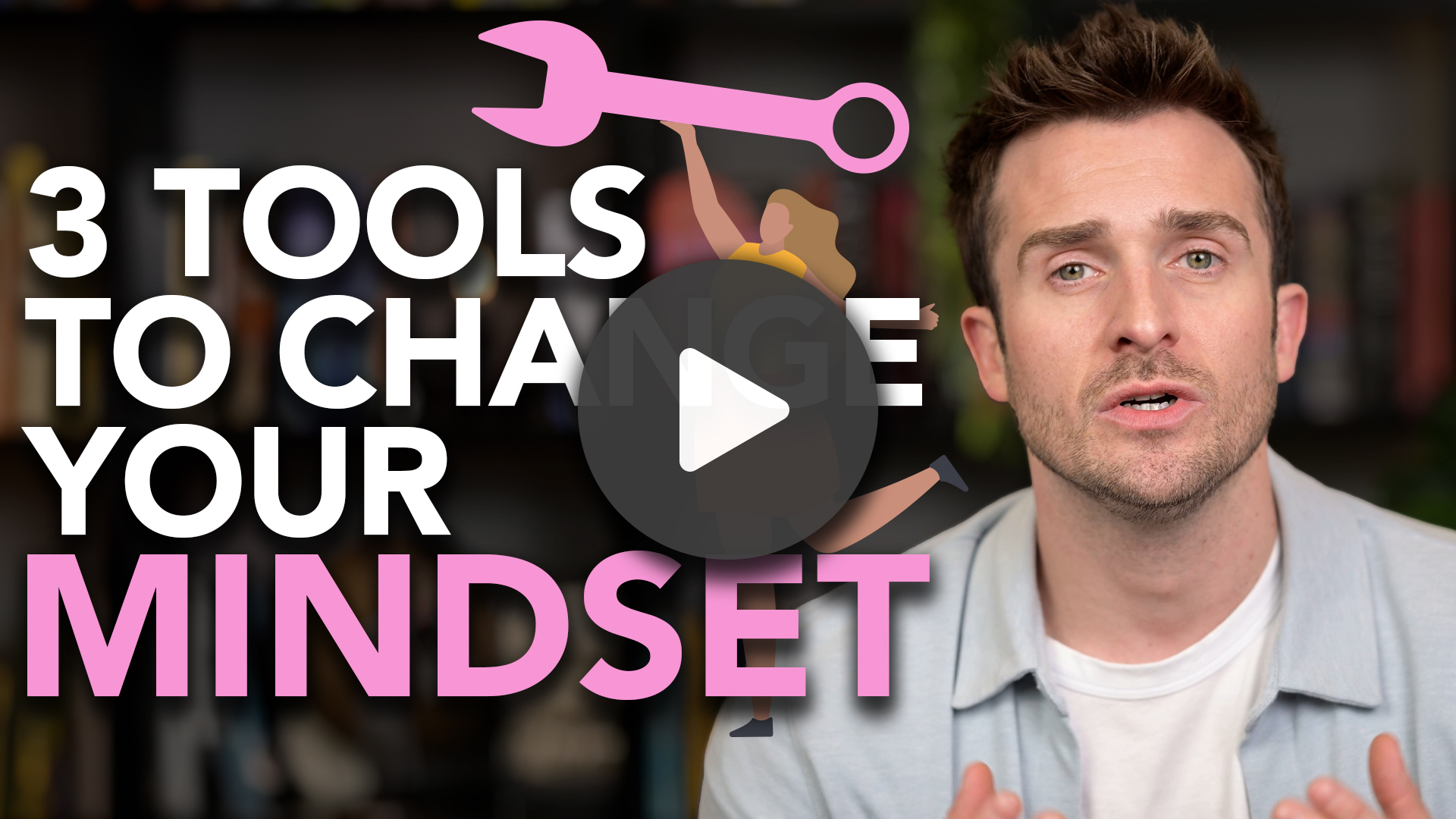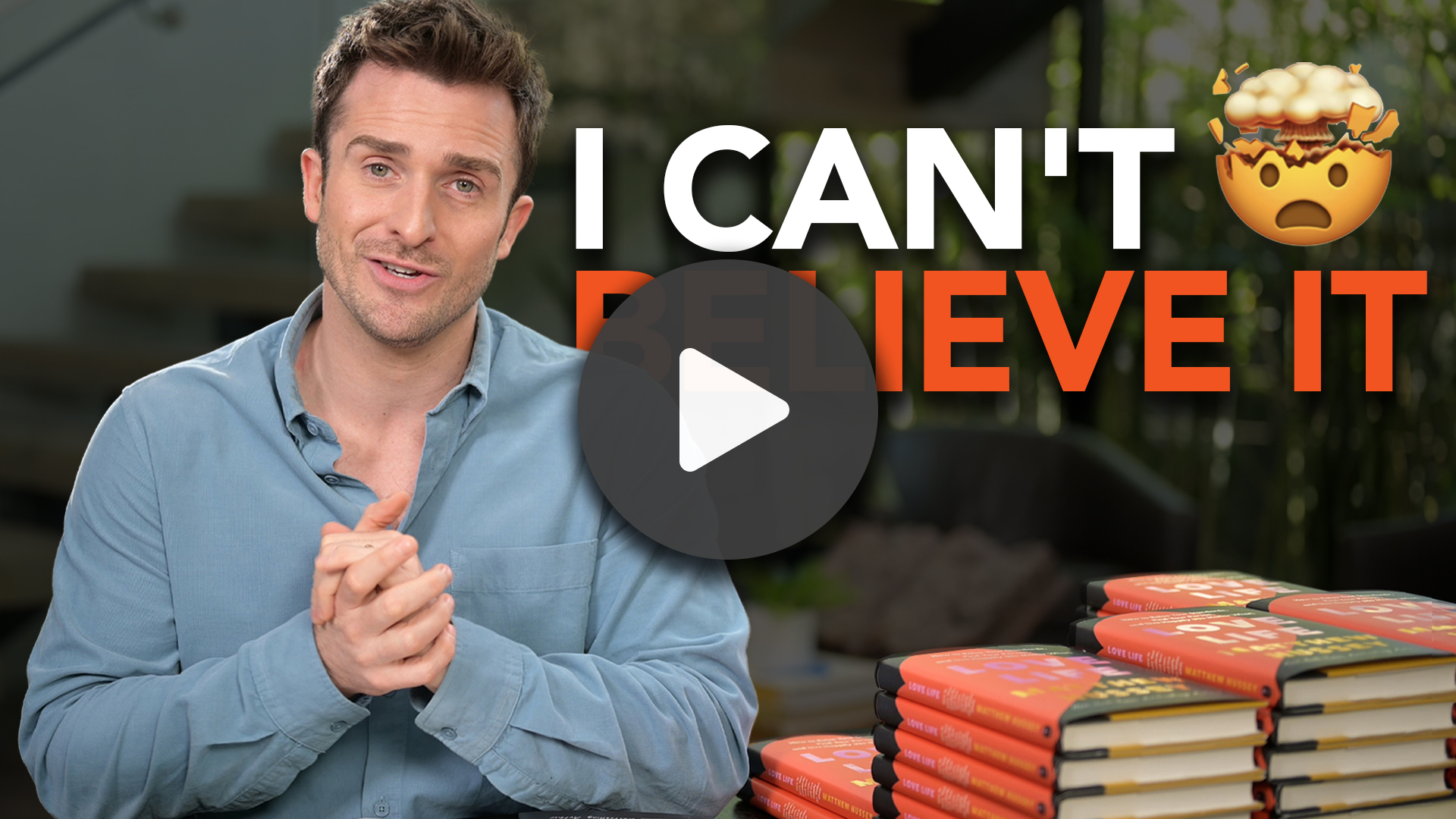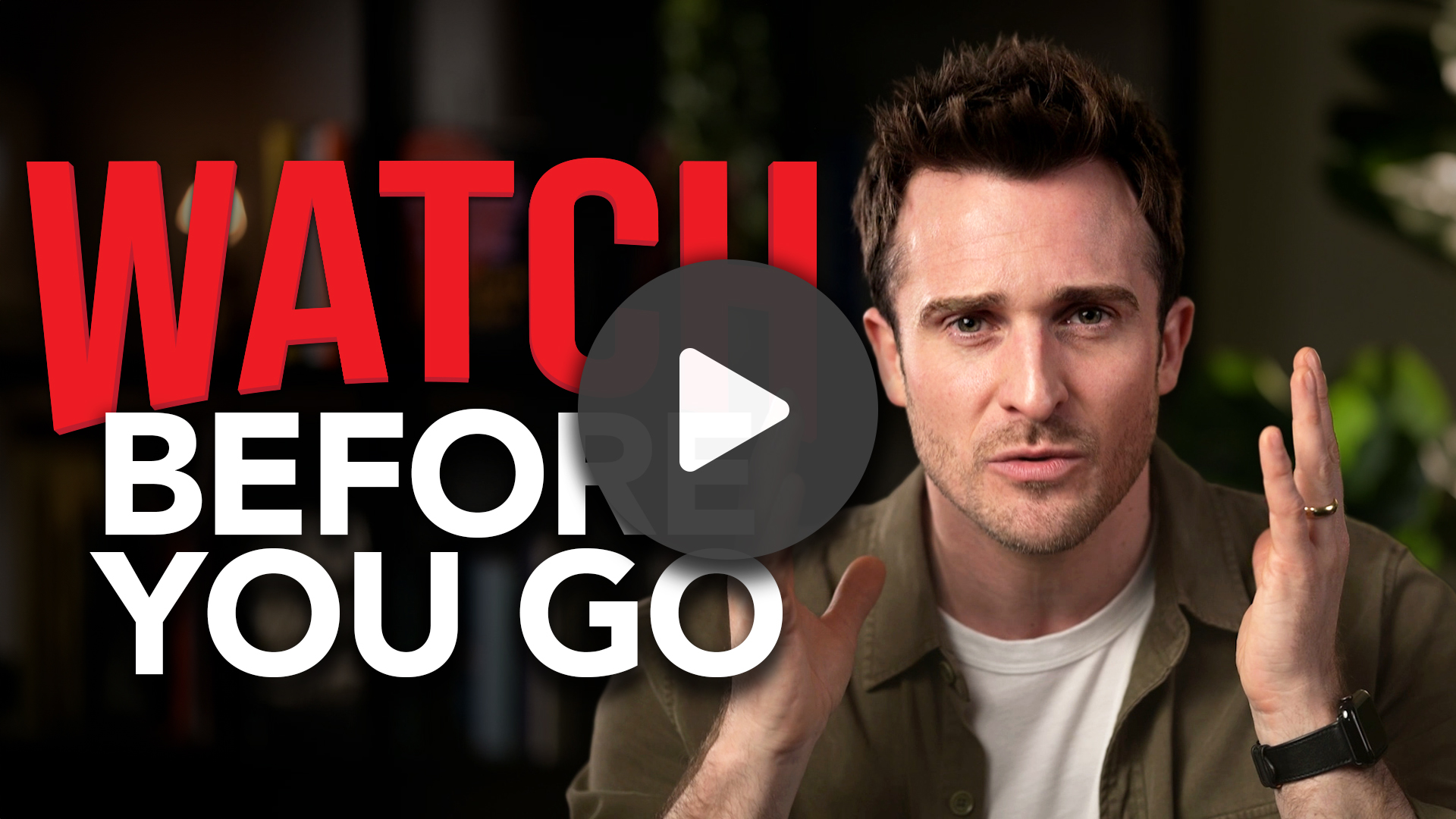You won’t struggle in 2020 to find lots of insecurity porn.
Scroll through Instagram and you’ll see we live in a bizarre age of both ever-inflating narcissism, yet also a growing movement of people exposing their worst, most unpleasant flaws and saying, “this is who I am, broken and messed up. Accept me”.
I’m kind of in two minds about this. There is definitely something to welcome about the warts-and-all approach of accepting (even embracing?) your flaws. You don’t need perfect skin, impeccable self-confidence, or a squeaky clean bill of emotional health to attract a great relationship.
But I have to confess I bristle at the idea that a romantic partner should be expected to simply buy whatever cocktail of anxieties and shortcomings we’re selling, no matter how unpleasant: neediness, jealousy, hatred of our looks/body, fear of inadequacy, controlling behaviour, self-indulgence, erratic moods etc.
We’re all human. These things appear in shades in all of our psyches at one point or another. They may be inherited from critical parents, childhood experiences, genetics, or toxic relationships from our recent past.
But one day we have to decide: Am I let these flaws drown and define me, or am I going to rise above them? It’s how we handle and deal with these flaws that often defines our success in relationships.
What Saves Your Relationship – Correct for 20% Of Your Flaws
We don’t have to become perfect. Some things we may just have to learn to live with. But as the philosopher Voltaire noted, we also shouldn’t let the perfect be the enemy of the good. Because what so often leads to disaster in relationships is a failure to mitigate the worst effects of our negative behaviours.
“But this is WHO I AM!”
Maybe it is, right now. But has it always been? Haven’t you changed for the better before? Aren’t there habits you used to have as a child or teenager that you’ve got a better handle on today? I’m sure there are. And the idea we stop working on these at a certain age seems to be a recipe for causing a lot of problems later down the line.
There is a fine line between accepting ourselves, and complacency.
Complacency is a refusal to grow. It says that whatever we are is fixed and solid like a rock. But no-one wants to date a rock. It’s boring, it stands still, and it never surprises you with what it’s capable of.
Complacency is also entitlement. It’s saying: “Here is all my shit, you better be ready to deal with it!”, like bringing all your dirty laundry and demanding your partner take it, sort it, and scrub it clean no matter what condition it’s in.
But there’s no way around it: we have to do our own emotional laundry. Someone can be there to hold our hand and love us to make it more bearable, but we still have to get our hands dirty and face it head on.
And in those moments, yes, someone will have to be patient with us. They may have to make compromises. But so will we. That’s the essential job of making a relationship work (and make no mistake, it is work):
We can say to ourselves: “Maybe I could criticize less. Maybe I am being unfairly demanding. Maybe I should stop trying to control everything. Maybe I should stop obsessing about work and make some time for fun. Maybe I should be more thoughtful. Maybe I should be less emotionally closed.”
Once we face ourselves, we have to make those small shifts in the right direction. Wherever we can.
It’s not realistic that we will change who we are at our core. Perhaps we only ever come 20% of the way on correcting for our flaws. Maybe 30%. That in itself though is a HUGE game-changer. It could be the difference between being a dream partner or a someone who sabotages every relationship.
I’ve seen many people lose in love because of a fatal flaw. Why? Because it’s usually our worst traits that ruin things, rather than a lack of good qualities. People end relationships telling their friends, “He’s great, but I just can’t deal with his anger/neediness/neglect/jealousy etc…”
For most of us, if we stare at our flaws honestly, scrutinize, and say: “How could I make this 20% better?”, that in itself would change our entire lives.
More and more it becomes clear that happiness in relationships isn’t about a constant sugar-rush of excitement. Excitement is something we only get in bursts. It comes. It goes. It comes again during peak moments. But it’s not a state we can sustain.
In the long-term, it’s about feeling appreciated. Caring for each other’s needs. PEACE.
And peace is an absence of the wars caused by our fatal weaknesses.
* * * * *
What weakness do you want to work on? Let me know in the comments below!















In essence, anger. Learning to respond appropriately instead of immediately reacting emotionally.
Stephen, what an incredible article. Thank you for putting that together. I have several people for which I will share this article.
Why do I get so insecure when I dating someone new? This is my flaw, I cant enjoy the new because I am so scared of losing him
Hi Stephen!
I really liked this… and it’s true, I do try to improve and better myself but I am not completely sure I have ever sat down, looked at my flaws/weaknesses and thought of how I could improve them by 20%.
The change has to start with oneself – we know that
I think I’m going to set an alarm in my phone at lunch time, so I observe my morning flaws and I focus on how I could improve them for the evening.
Did you get to read the book Attached?
I think my weakness is that I could be less critical, more supportive and more affectionate.
It’s interesting because I require my partner to have those traits but I do not have them myself. Guess its time to do some laundry!
I am not able to be selfish when I am continuing the relationship.
Even after knowing my partner enjoys his part of life and there was unnecessary restriction for few things.
I am obliged to take up few responsibilities because he provides everything for the family.
Thin line between doing works with affection and enjoyment/ doing works just because we have to do.
I want to work on being selfish and take care of myself and my kids.This is next to impossible. But I really want to work on it and try.
I always try to improve 100% about me. This is soooo helpful. Thank you
I wish I could send this anonymously to the guy I had to cut it off this week because he just kept on flaking on our phone/video call appointments. But I’m afraid he wouldn’t accept it from me. He is indeed great, but he comes across as someone who’s not trustworthy. Such a pity, because he’s really a great guy!
Thank you for sharing these thoughts!
There is so much wisdom in your words:” It’s how we handle and deal with these flaws that often defines our success in relationships.”
I totally agree, this is my guideline!
Thank you Stephen!xx
great stuff & very well written.